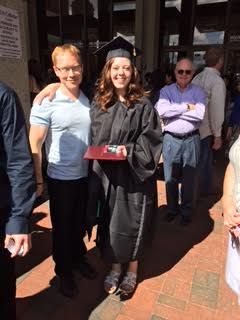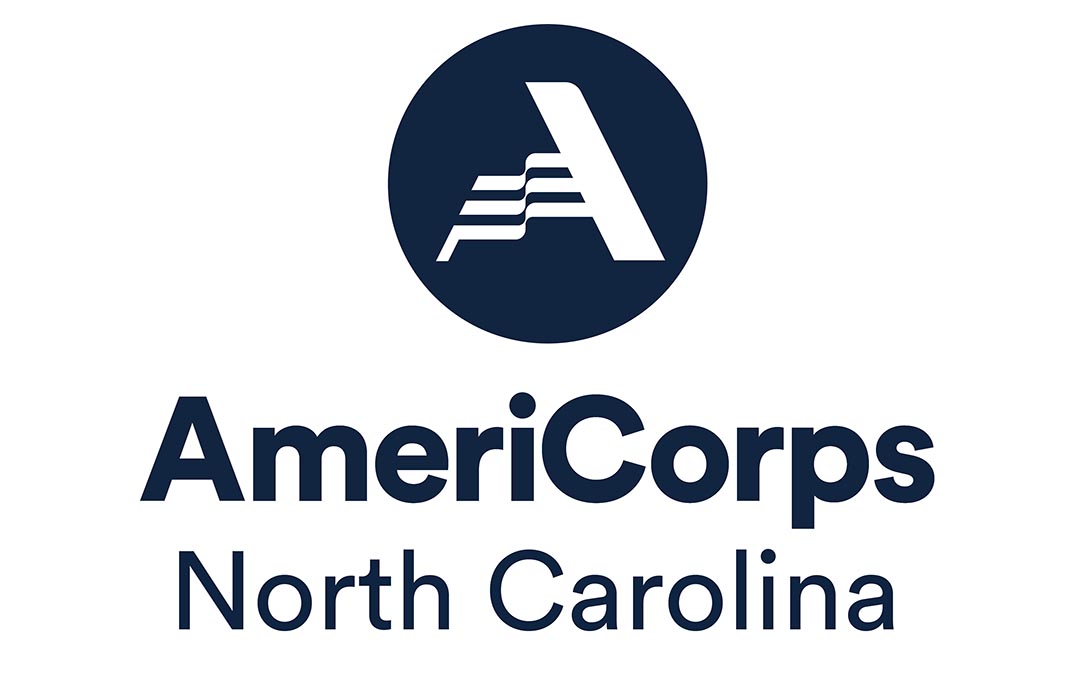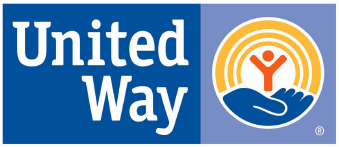
Former Little Sister Moriah with her former Big Sister Genie.
What’s it like to grow up in public housing and how might it apply to the black experience today? Former Little Sister Moriah tells you, below.
Her email to former Big Sister Genie came to us through Jill Hartmann, Program Coordinator in Buncombe County, who matched Moriah and Genie many years ago. Genie and Moriah still stay in touch, and Genie sent Jill this email from Moriah that Jill wanted to share.
Moriah’s important message starts now.
Don’t just be friends in safe places, safe situations, and safe spaces. Be friends when it’s difficult, when you need to be loud, when it sends a ripple of discomfort through the room. Sometimes that’s when your friendship is needed most.
Let’s talk about being a “racist.” Racism does not DEFINE you as a person. Being racist doesn’t mean that you are not also capable of being a good person, a great parent, a star employee, a loving partner, or any other positive trait. Being racist does mean that you have something to work on, and the lives of other people depends on your willingness to accept that you need help. Please do not let your fear of judgement stop you from reaching out for help.
I’ve debated on whether to share my story. There are a few reasons why – shame, guilt, embarrassment, and mostly not wanting to distract from the larger problems at hand. That being said, perhaps it’s time to share my background, where I come from, my side of the tracks, etc.
I grew up in public housing – more commonly referred to as, despite the offensive terminology, ‘the projects,’ ‘the ghetto,’ ‘the hood.’ I lived there for 11 years – as a child, through my teenage years, and into early adulthood. Prior to public housing I was homeless with my mother, and our story, like so many, deals with the struggles of families recovering after domestic abuse.
I want to share my experience living in this community. Each day I’m going to share a little bit of what life was like living in public housing and the long-term effects it has had on my life. I do hope that hearing these stories from a white perspective – from someone with white privilege – will help to support the stories of suffering from within the black community. Even though their validation really shouldn’t need support from a white person, but that’s a topic to tackle on another day.
Growing up in Public Housing is:
Having your experience invalidated by society, because you should be grateful, because there’s always someone who has it worse than you.
Growing up in Public Housing is:
Not having your friends from school come over because their parents said your neighborhood wasn’t safe. The uncomfortable truth is: If my neighborhood isn’t safe enough for YOUR kids then it isn’t safe enough for me or ANY of the kids forced to choose between living there or being homeless.
Growing up in Public Housing is:
Being told by a teacher to “just drop out, because kids like YOU don’t make it anyway.” For those who don’t know – I did drop out. It was about 2 weeks after this encounter.
Racism is hard. Here’s my truth, I’ve had periods of my life where I didn’t understand, where I said racist things as jokes, and where I laughed at friends saying racist things as jokes. I’ve been called a racist, I’ve dated people who have been called a racist, so I know it’s hard. It’s hard to look at yourself and admit that you have (intentionally or unintentionally) contributed to racism. It’s hard to not want to put up a wall and believe “I’m not a racist!”
Just remember that you can educate yourself so that you can challenge these thoughts. “The first thought that goes through your mind is what you’ve been conditioned to. The second thought is what defines you.”
Growing up in Public Housing is:
Getting acquainted with the police officer who sits in the tree outside of your bedroom window while he’s on a stake out.
Growing up in Public Housing is:
Marrying outside of your socioeconomic class knowing that your husband was told to be careful dating/marrying you because you might only be in it for the money. Then justifying those comments because, “is it really so wrong for people to try to protect your spouse?” To later realize that he didn’t need protecting because you’re a good person, and their comments – That’s. The. Problem.
Growing up in Public Housing is:
Watching your mom work 2 jobs to make ends meet. Then watching the people playing the system have more money, time for their families, and less overall stress. How can we as a society expect people to make the “right” decisions if it penalizes their needs in almost every way?
Growing up in Public Housing is:
Normalizing seeing a man lying in the road, shot, while no one helped. I didn’t do anything either because I was too afraid of being a “snitch,” associated with the crime, or that I would be shot myself.
Growing up in Public Housing is:
Being reminded, “but you were so happy as a kid.” And that’s just it. I was a kid. I didn’t understand what was going on.
Imagine one day your brain clicks, it develops the areas of the brain needed to process this information (which doesn’t happen until late teens/early 20’s), and then being flooded with a decades’ worth of trauma that you’re suddenly left to process.
At 25 I was diagnosed with PTSD after several years of misdiagnosis following a “nervous breakdown” that I had at 19 (that was when I experienced my flood of unprocessed trauma). This wasn’t easy to diagnose because mental health professionals are just now starting to understand and accept that extreme poverty is traumatic. This diagnosis has come as a relief, a validation, and I have finally been able to start the proper healing that I need.
So why talk about it now? The reason is simple – We must validate the lives and experiences of our black brothers and sisters. We must understand that we can NEVER understand. We must help people of color take back their lives so that they can finally start to heal. I’m healing 11 years’ worth of trauma. Imagine a community that is trying to heal 400 years of systemic oppression.
My plan is to continue this fight through discussion and education because that is how I feel I am best equipped to help. The next step is to understand that as human beings we have a hierarchy of needs. I think it’s important to have a baseline understanding of this because it really helps to put “privilege” into perspective.



